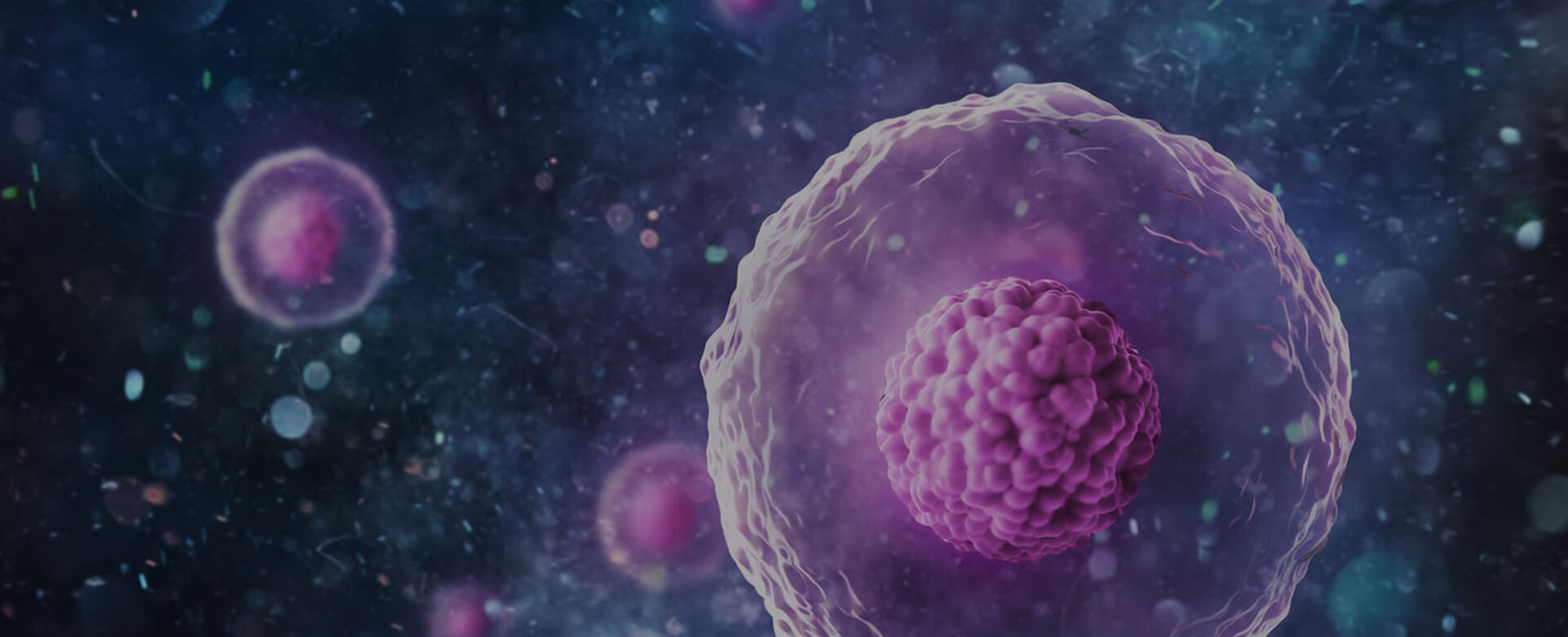There is no scientific reason to restrict the storage of cryopreserved eggs to a maximum time of 10 years. That is why the UK government will abolish this 10-year limit, allowing for cryopreserving eggs for up to 55 years.
Egg cryopreservation
Women can choose egg cryopreservation for several reasons. First, it is possible to cryopreserve eggs because of medical issues – for example, in case of treatments that could lead to infertility (such as radiation therapy), or in case of early menopause. Moreover, women can choose the so-called social freezing, that is, to cryopreserve their eggs for “social” reasons – for example, because they do not have a partner, or because they want to postpone their maternity to pursue their career.
In both cases, younger women can cryopreserve younger eggs, thus better quality eggs. In fact, the ovaries contain a fixed number of eggs established before birth, and the quality of these eggs declines with increasing age.
Laws on egg cryopreservation
Different Countries have different laws on egg cryopreservation. For example, in Italy there is no time limit for the storage of frozen eggs. In UAE, egg cryopreservation is allowed only for married women and in case of high risk for fertility. In the UK, it has been allowed for both medical reasons and as social freezing, but in this latter case only for up to 10 years.
Sajid Javid, the current UK secretary of state for health and social care, said this limit is «severely restrictive». In fact, modern freezing techniques allow for indefinitely storing cryopreserved eggs without deterioration. The 10-year limit forces women that cryopreserved their eggs at a young age, that do not want to use them before the end of the 10-year allowed cryopreservation period, and that want to keep preserving their eggs, to have new eggs collected. However, these eggs would be less young than the ones collected ten years before. In other words, this 10-year limit could decrease, for no reason, the possibility of becoming pregnant by using the cryopreserved eggs.
The importance of the scientific evidence
Given the cost of egg cryopreservation, it is mandatory for institutions and companies that offer this service to base their service on scientific evidence, and to not offer the cryopreservation of biological samples that could not be utilized. This is the approach that Bioscience Institute chose, for example, for the cryopreservation of umbilical cord blood stem cells.
To cryopreserve cells in Bioscience Institute’s biobank you have to pay an annual fee; this allows for maintaining the sample, warranting the capacity of covering cryopreservation costs. Companies that expect to cover these costs with the income from new customers can not warrant this capacity (as demonstrated by the case of the Swiss umbilical cord blood stem cell bank failed in 2019).
Moreover, Bioscience Institute agrees to extend the storage beyond 20 years only on the basis of scientific evidence dimostrating it make sense.
For more information about our biobank activity, please visit Bioscience Institute’s website, contact us at info@bioinst.com, or call us at +971 (0)4 375 722. Our biologist will answer your questions without commitment on your part.
Sources
- Meierhans J. Frozen eggs and sperm storage limit increased to 55 years. BBC News, September 6, 2021.
- Royal College of Obstericians & Gynaecologists. RCOG welcomes increase on storage limits for eggs, sperm and embryos. September 6, 2021

